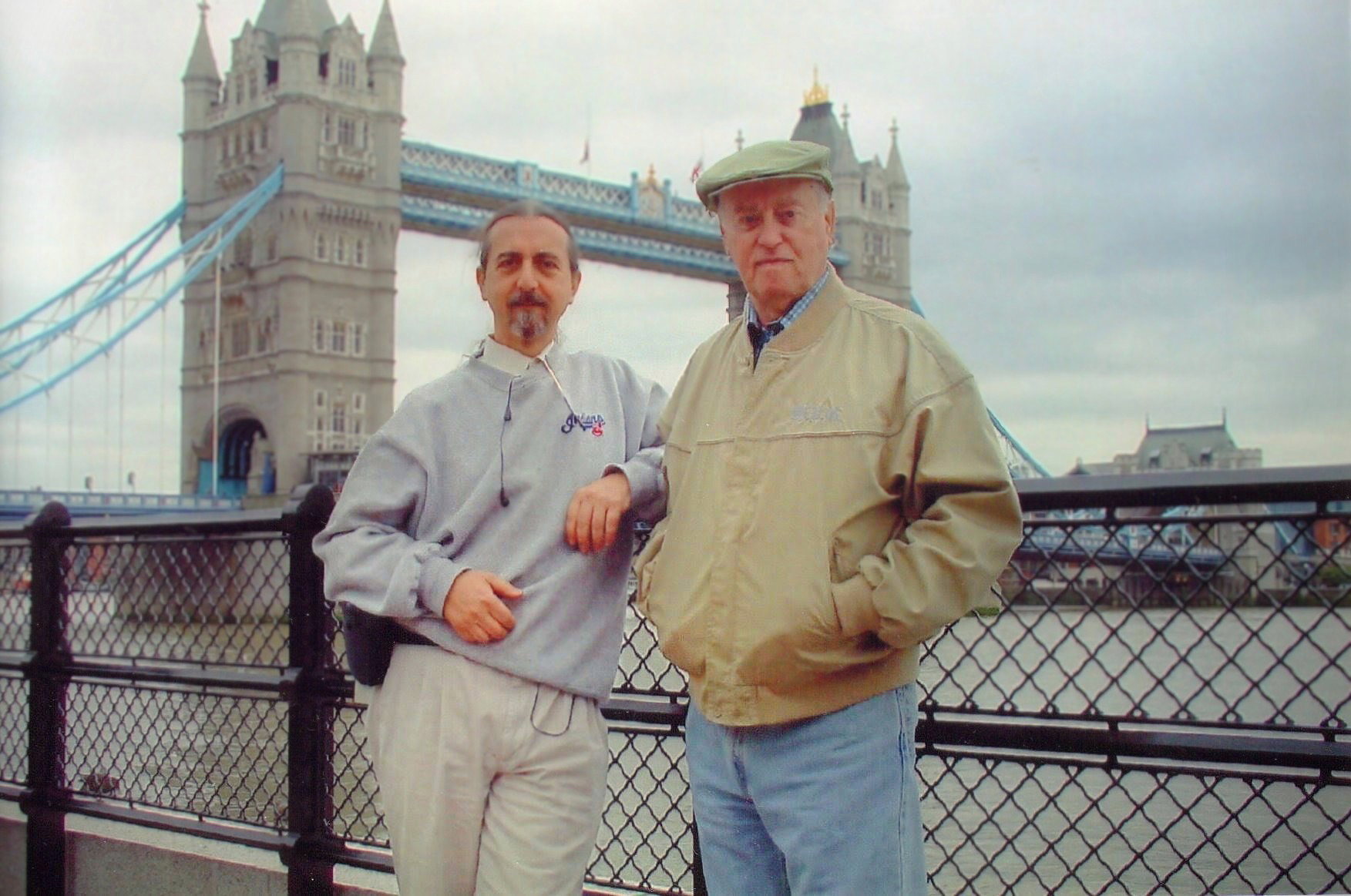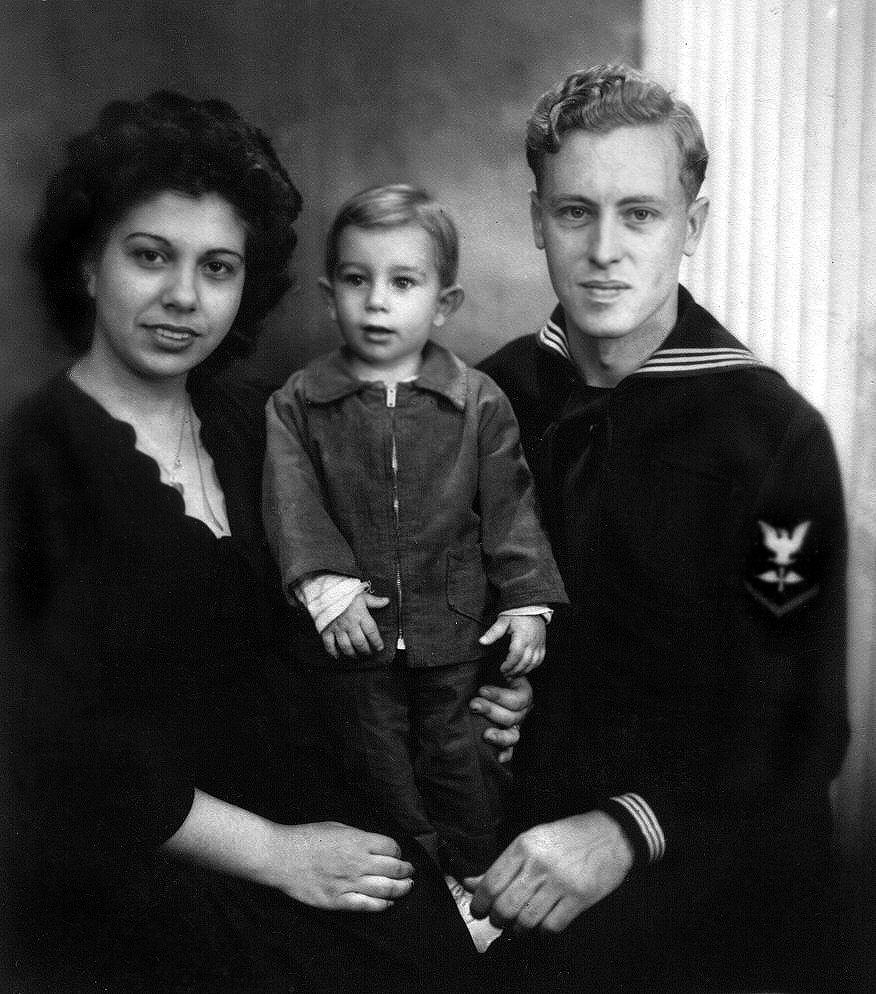– A Piece for the Younger Members of the Community
The year before my father passed away at 84, I asked him, “Dad, just so I’m prepared, what is it like to be your age?” I was fifty at the time — an age where you’re not sure if you’re young or old — his answer surprised me. I expected him to talk about aches, pains, medications, or the friends he’d lost over the years. But after a long pause, he said, “In my head, my thoughts and feelings, it’s a lot like when I was younger. If there were no mirrors, I’d still be young.” Wow, that was not what I was expecting.

Richard and Paul Graham, London September 2001
Curious to see if Dad was unique in his thinking, I started asking other older men and women the same question. Their answers were strikingly similar. As a marketing executive at the time, this was enlightening. For years, when promoting products to older people, I’d rely on the typical “grandma and grandpa” approach, just like every other marketer. But what if these elders were actually young people in older bodies? That would rewrite the marketing books — and modern society too.
Now, I’m about halfway between my age then and my father’s age then, and I get it. Aging certainly affects your body, but it doesn’t change who you are inside. Society often pressures older people to “act old,” and most of us go along with it. But when Clint Eastwood was about to start directing a new movie and was asked how he managed to keep going at 88, he said, “I just don’t let the old man in.” The moment I heard that, I understood exactly what he meant. Society often nudges elders into roles that are less competitive, less productive, and frankly, less relevant. Is that all there is to the richness of being an elder; a discount bus ticket, a Scotch finger for our tea, and a command to not work more than 8 hours a week or we’ll lose our pension?
I’m writing this primarily for the young people among us who, unless there’s a monumental breakthrough in biology, will also get loose skin and aches and pains one day. You’ll get old too.
For millennia, society valued the wisdom of the older generation.
They were the survivors — the ones who avoided eating the poison berries, who outsmarted the beasts that wanted to eat them, who raised families with all the inherent love and heartache involved, who were taken in by and overcame charlatans, and who did the early muscle work in the community which when their bodies lost strength fell to more youthful ones to do.
They laid the groundwork for the younger generations to build upon. They weren’t just grandma and grandpa marketing cutouts; they were knowledge banks whose experiences helped society progress, one generation at a time.
I wish I had known thirty years earlier what my dad told me. I’m sure it would have led to a more expansive, happier, and rewarding life.
If I were young again, knowing what I know now, I’d help the older folks around me “turn off the TV” — and reject the programming that pigeonholes them into simplistic, less-productive roles. As they ‘stop letting the old man or woman in’ and reconnect with the values and knowledge accumulated throughout their lives, I’d be there, asking questions and listening closely.
Today, many young people bemoan their circumstances, especially their economic prospects. But are they seeking counsel from their elders for a way out, or are they stuck in an unproductive social-media feedback loop with others in the same boat?
QPRC youth can have prosperous, happy lives ahead. It won’t come from government programs and handouts, because governments don’t have a clue — or frankly, an interest in creating youth prosperity. But the elders do. We know that one day we will fall off the perch, regardless of our stoic frame of mind, and when we go, we want to leave behind a place of happiness, wellness, and prosperity.
Social media has changed the day-to-day mechanics of society, but not its underlying essence. It costs nothing to listen, to try out, and to learn from the experience of your elders. It doesn’t make you a lesser person to defer to their seniority. That’s how society has progressed since time immemorial. Knowing and practicing this puts you on the proven track to better circumstances, outcomes, and self-confidence.
Would you vote for an elder? Something to think about.
Richard
